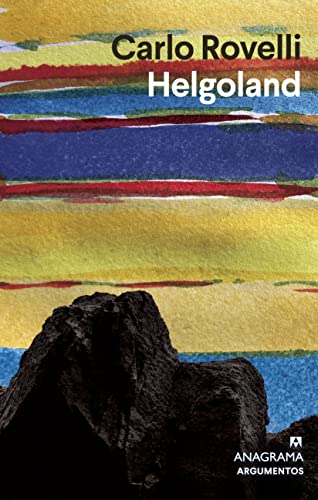The challenge of science is not only to discover or propose solutions for everything. The issue is also about offering knowledge to the world. Divulging is as necessary as it is complicated when the arguments are introduced in the depths of each discipline. But as the wise man said, we are human and nothing human is alien to us. If one mind is capable of harboring an enlightening idea, another person can reach that same plane of knowledge, as I would say Eduard Punset, and thus aspire to a humanity aware of some of the many and many questions still unanswered.
In June 1925, Werner Heisenberg, twenty-three years old, retires to Helgoland, a small island in the North Sea, without trees and whipped by the wind, to rest and try to appease the allergy he suffers from. Sleepless, she walks at night to reflect and at dawn comes up with an idea that will transform science and our conception of the world. He has laid the foundation stone of quantum theory.
Carlo Rovelli, who adds his virtuous expertise as a storyteller to his profession as a physicist, exposes us to the origins, development and keys to a theory that changes everything, that serves to explain the universe and the galaxies, that makes invention possible of computers and other machines, and which is still disconcerting and unsettling today because it questions what we believe in.
Erwin Schrödinger and his famous cat appear on these pages, the reactions of Niels Bohr and Einstein to Heisenberg's proposal, a crazy visionary named Aleksandr Bogdánov, the relationship of quantum theory with cubism, philosophy and Eastern thought... A book dazzling and accessible that brings us closer to one of the most transcendental advances in contemporary scientific theory.
You can now buy the book Helgoland, by Carlo Rovelli, here:

